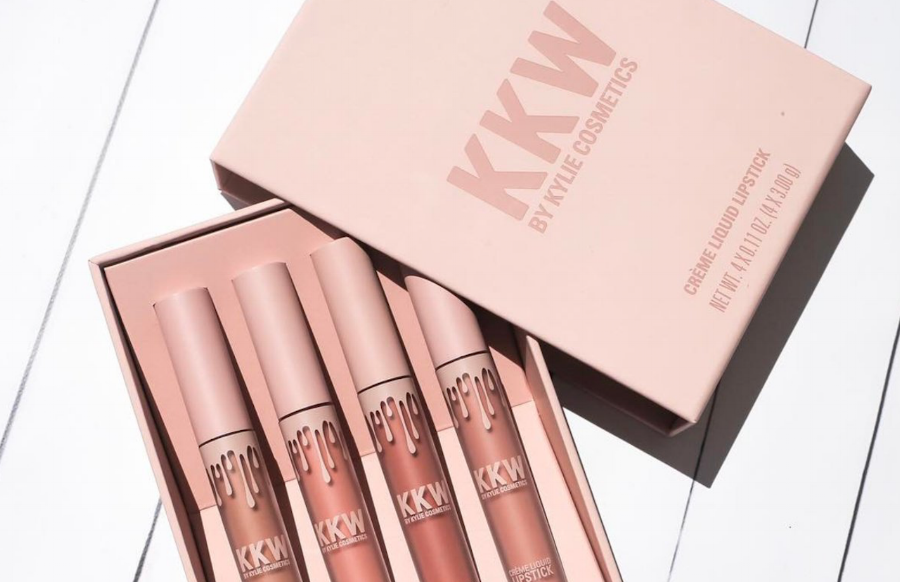THE FASHION LAW


image: Kylie Cosmetics
Nearly $1 million in counterfeit cosmetics, including products bearing Kylie Cosmetics branding, were seized in Los Angeles this week. Los Angeles police confirm that the goods, which also consisted of Urban Decay, MAC, and other well-known beauty brands, tested positive for bacteria, lead and traces of animal feces. Officials said Monday that the investigation began after customers complained of rashes and other skin irritations after using the counterfeit mascaras, lipsticks and eye shadow palettes.
While the sale of counterfeit beauty goods was traditionally dominated by relatively small scale and often individually-run operations, the industry has grown to include multimillion-dollar rings that utilize e-commerce – either by way of third-party marketplace sites and/or individually-run domains – as a means of reaching larger pools of consumers that are seeking deals on popular beauty goods.
For instance, in early 2016, U.S. Immigration and Customs Enforcement (“ICE”) arrested and charged five men with Conspiracy to Traffic in Counterfeit Goods, Trafficking in Counterfeit Goods, Trafficking in Counterfeit Packaging, and Smuggling Goods into the U.S. as a result of their elaborate scheme to peddle counterfeit versions of branded fragrances throughout the U.S., including those branded as authentic Chanel, Polo Ralph Lauren, Lacoste and Calvin Klein products.
In connection with the bust – which was the result of a two-year effort by ICE - a spokesman for the government entity noted: “We are seeing more counterfeit beauty products and cosmetics, and that specific area is an area where we’re aggressively targeting the individuals who sell those goods. In general, it’s all profit motivated. Anything that can be counterfeited is a potential profit for the individuals or group who are selling these inferior goods.”
Unlike authentic cosmetics and beauty-related goods, counterfeits are not subject to the strict quality testing required by law for the sale of authentic goods. Laboratory tests have consistently revealed that counterfeit perfume often contains poisonous chemicals, including cyanide, human urine, and rat droppings. While fake cosmetics, such as eyeliner, mascara, lip gloss and foundation, have been found to contain toxic levels of chemicals and harmful substances such as arsenic, mercury and lead.
All of these elements can cause allergic reactions, including but not limited to skin irritation, swelling, rashes and burns, in addition to other longer term health problems. Counterfeit sunscreen is also particularly hazardous in that it has been found to contain little or no SPF at all, and as a result, offers little – if any – protection against harmful UV rays, which could lead to long term skin damage.
